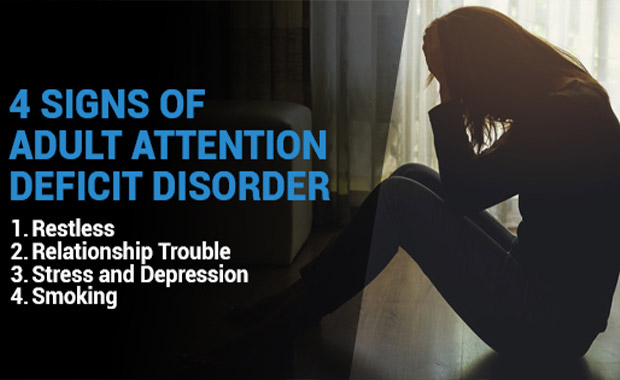
Hopefully your first few years as a parent will go as smoothly as possible, but that’s unlikely. There are all sorts of major things that could go wrong and even more minor things that can seem major. Hopefully this information will help you identify how to handle certain situations and give you some great ideas for possible next steps. Here are some important things you should consider as you go through your first few years as a parent to a wonderful child:
- Find a trusted pediatric doctor early on — The last thing you want as a parent is for your child to be injured or sick. These issues are going to happen, however, and it’s your responsibility to get them the care and medical attention they need. Rather than scrambling the day of a health or injury scare, you should already have a great relationship with your child’s doctor. By finding a trusted doctor early on, you’ll be at peace whenever anything seems off or your child sounds unhealthy. If you’re like most parents, you’ll probably end up calling your doctor and worrying tremendously whenever your child blinks, and your doctor will likely inform you that everything is fine. But, still, it’s nice to have that kind of relationship with a family doctor.
- Schedule ADD testing and other cognitive assessments — Whether you believe your child has any cognitive disorders or not, scheduling and going through with these tests can help relieve your stress. An estimated 6.4 million American children between the ages of four and 17 have been diagnosed with attention deficit disorder (ADD). ADD testing can help you identify whether or not your child has this disorder and can provide you with additional information for how to handle any diagnosis.
- Find a few babysitters — You never know when something will come up and you just can’t take your child with you. You should always have a primary babysitter who you can call, but it’s best to have two or three backups. Make sure each babysitter you talk to can be available at all hours of the day and night.
If you want to learn more about ADD testing, dyslexia testing, autism testing, or any other assessment for cognitive issues, give the Cognitive Assessment Group a call right away.


